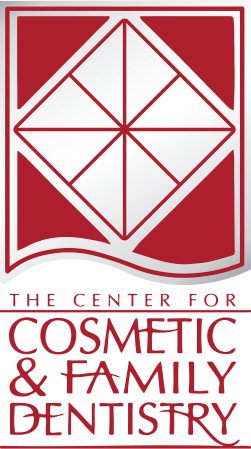What Is TMJ, and How Can a Dentist Help?

The temporomandibular joint is a hinge that connects the small bones in your skull with your jaw. The joint is in the front of each ear and assists in moving your jaw. It is responsible for helping you chew, talk, and yawn. When there is a problem with this joint, it causes several issues. The sum of the problems it causes in the muscles that control it and the jaw is temporomandibular joint disorder (TMJ).
What Causes It?
There is no particular cause of TMJ. But if there is any problem in the jaw, it may end in TMJ. It is particularly true if the issue affects the muscles that control the joint. Some of these include injuries, heavy blows to the head, or whiplash. Other causes of TMJ are:
Arthritis in the temporomandibular joint
Movement of the disc between the ball and socket of the joint
Stress may cause you to clench your teeth or tighten your face
Clenching or grinding your teeth as you sleep
How Can a Dentist Help?
The dentist will begin by discussing your symptoms and examining your jaw to get a diagnosis. They may feel your jaw as you open and close it. They also listen to it and observe your jaw’s range of motion. The dentist may also need to take X-rays, a CT scan, or an MRI to reveal any problems with the jaw. One of the tests they may perform is a TMJ arthroscopy.
The dentist inserts a cannula or small thin tube into the joint space. The dentist uses this to insert a small camera or arthroscope into the area. They can view what is wrong and give a diagnosis.
Treatment
Once you have a diagnosis, the dentist can treat the condition. There are several ways they will go about it, depending on the severity of your disorder.
Medication
Where TMJ is not too severe, the doctor can prescribe medication. They can prescribe muscle relaxants, pain relievers, and tricyclic antidepressants. Each drug depends on the cause of your TMJ.
Muscle relaxants help with spasms, and you can use them for a few days or weeks to relieve pain. Pain relievers or anti-inflammatories deal with pain and inflammation where there are no spasms. Tricyclic antidepressants help control bruxism and sleeplessness that may result from depression.
Therapy
Therapy is a non-drug option that helps you understand and deal with issues causing stress. It also deals with the behavior that results from it. Therapy includes mouth guards, physical therapy, and counseling.
Surgery and Other Invasive Procedures
When medication and therapy do not work, you may need invasive procedures. These may include injections, arthrocentesis, modified condylotomy, or open-joint surgery. An arthrocentesis involves the insertion of needles into the joint. It allows the irrigation of fluid to remove inflammatory byproducts and debris.
Injections include the use of Botox to relieve the symptoms of TMJ. The modified condylotomy indirectly treats TMJ by performing surgery on the mandible. Open-joint surgery is as direct as the name suggests, and the doctor will repair or replace the joint. It involves risks. Therefore, the doctor will perform it as a last result.
For more information on TMJ, call The Center for Cosmetic and Family Dentistry at our offices in Florida. For Destin call (850) 810-0300.
Hours of Operation
| Monday | 8:00am - 4:00pm |
| Tuesday | 8:00am - 4:00pm |
| Wednesday | 8:00am - 4:00pm |
| Thursday | 7:00am - 3:00pm |
| Friday | 7:00am - 3:00pm |
| Saturday | Closed |
| Sunday | Closed |
Request
Appointment
We offer free cosmetic consultations.


